Old Paths: “Hebrides Revival 1949” or, “The Holy Ghost Mulligan” or, “The Church that Turned Around!”
Throughout history God has periodically poured out what might be called, “Holy Ghost tsunamis of sin conviction.” These would begin with the church people and soon spread throughout the area. One such time of manifest holiness was in the Hebrides Islands, 1949.
Because of its historic nearness, we are blessed to have some film and audio recordings of eyewitnesses to the events. They can also recount what it actually felt like to be caught up in revival’s God-fearing waves of both glory and conviction. Following is the story of one such witness who was saved and called of God as a young teenage girl when revival hit her small shipping village.
As Mary Peckham tells her story, I am struck by a couple things. First, I remember being saved in a similar revival in the late 1960’s as a teen girl myself. Second, that the ground had been properly seeded and tilled before the season of rain began.
The Presbyterian Church had practiced a regular pattern of scripture memorization and family devotions, providing a heart’s storehouse of scripture for the Holy Ghost to work with, or, “fuel for the fire” as Mary Peckham put it. The young people knew the Word of God.
Also, two elderly, infirm sisters prayed from their home, and the church leadership met in a barn to fast, pray, and repent of sin till revival came. These events made the area saturated with Holy Ghost “accelerant”, but what was the “match” that sparked the revival?
Was it the guest speaker, Duncan Campbell, who the praying sisters felt they had heard from God about inviting? No, certainly not — the Lord allowed their first meeting with Campbell come to naught. He was a, “flop” as far as guest speakers go.
According to Mary’s story:
He went to the church that night. The first meeting was hard. The next meeting happened as a spontaneous meeting because as they poured out of the church disappointed that night, one of the elders stood on the steps of the church, a headmaster; and he lifted up his hands to heaven. He wept before God. He cried to God that He would come. The congregation turned and came back into the church again. God broke through.”
Glory to God!
All the elements were in play, repentance, prayer, fasting, a preacher with conviction, but the people were still just playing at church. They listened to the revival speaker with their, “Sunday go to Meet’n” social obligation attitude but nothing happened. So God gave them a, “Mulligan” — a do-over. One of the praying men stood on the church steps, as the Sunday crowd filed by him.
Rather than provoking mockery or indifference, his prayers moved the people to turn around and actually head back into the church to have a service, “do over” but this time to do real business with God.
Following is the video testimony of Mary Peckham. Because of its poor quality near the end, I am including the written transcript.
Here is the Written Transcript:
Oh, I knew that there were people converted. I knew they were children of God, and I believed that they were children of God. And I believed, furthermore, that I was going to Hell and that there were so many people going to Hell with me that it didn’t concern me too much.
As has been said, I was born and brought up in the Hebrides Islands. I hope you’ve got your geography right and that you know exactly where that is. You know where Great Britain is, and if you take the most northwesterly point of Scotland, it’s called Capebroth, and forty miles into the sea west of that is a string of islands, and the top most island is called the Island of Lewis. Two miles from the lighthouse at the very top of the Island of Lewis, I was born and brought up in a fishing village.
I want to give you a little bit of background in as far as the church is concerned there. It was the normal thing in every home in the village, as far as I know, to have family worship. That doesn’t mean that all the people in the village were Christians, but they had promised in the church to bring up their children in the nurture and fear and admonition of the Lord, and they felt that this was part and portion of the fulfillment of that promise that they had made in public.
So my unconverted parents and other unconverted parents in the village felt it was right to read the Word of God to their family and to pray. The prayer was always the same amongst the unconverted. They probably had learned it from their parents and so on. I wasn’t at all attentive to what was happening. It was just part of life.
Then in the curriculum of the day school, we started the day with the Lord’s Prayer, and then we went on to Bible stories. Then the hymn book of the church was the Psalms, the metrical version of the Psalms, as we sing them in Scotland. So we had to learn them in school, and most days we came home from primary school, we came home to learn another verse of the Psalms.
So you can see, we were well-versed in the Scripture. We knew the Ten Commandments. We could recite them off by heart. We knew Isaiah 53 in two languages. We could recite them off by heart, and the Beatitudes and Corinthians 13 and so on. So you could find unconverted people who could quote the Scripture.
Now, the reason I’m telling you that is because when the Spirit of God fell upon the Island, there was fuel there to burn. The people knew the Word of God. They weren’t strangers to it.
Something else that would be of interest to you is the fact that there were those among the people of God who were still dissatisfied, and they were craving and longing for a movement of the Spirit of God in the Islands. Before that time, it was about every 10 years there was an outpouring of the Spirit of God. In 1939, there was an outpouring of the Spirit of God greater than in 1949, and so there were people who had lived through not only one revival, but two revivals.
It’s a healthy sign when a child or an adult is hungry, and the people of God were hungry. I was on the mainland of Scotland when the revival broke out, and I wasn’t particularly interested in church. I only went once to Sunday school, and the elder prayed too long a prayer for me, and I didn’t go back again.
But, I was in the mainland when the revival broke out, and my immediate reaction was, “I’m not going back to Lewis until this revival is over. They were religious enough already, and I don’t want to become involved. I have my own life, my own ambitions.”
My world was full of pleasure, and it didn’t include the church. I saw nothing in it. Oh, I knew that there were people converted. I knew they were children of God, and I believed that they were children of God. I believed, furthermore, that I was going to Hell and that there were so many people going to Hell with me that it didn’t concern me too much.
That was my attitude. Okay, if God would come at some time or other in my life and save me, well, that was His business. But as far as I was concerned, I had no desire for the things of God. A phone call changed all that. A phone call to say that my parents were ill and I must come immediately to Lewis.
I came, concerned about them. They were soon better, and they were soon going to church with the others. It seemed that the whole conversation of the village revolved around what was happening in these meetings, and I hated it. I didn’t want to have anything to do with it. I felt inwardly disturbed when they started to talk about meetings and started to talk about conversions and people who had been drunkards were now praying in the prayer meeting.
I resisted, and I resented, because basically I was afraid. The Bible says the sinners in Zion are afraid. Fearfulness encompasseth the hypocrite (see Isaiah 33:14). So, there I was afraid of the supernatural, afraid that God would come to my life—that God would speak to me, because that was an area that was foreign to me. I didn’t want to have anything to do with the things of God. I hoped that maybe at the end of life, I might be saved, but not now. I have too much going on.
My parents were strict, and one night, they found me out, and they said they weren’t going to the meeting unless I would go, too. I went in a rage. Now, I want to give you a little insight into what was happening. The church was crowded. The atmosphere was indescribable.
One sensed as one came in the drive towards the church a silence already falling upon the people, and as they went into the church itself, they moved slowly into their pews and they sat. Sometimes before the service began at all, the tears were flowing, and for a person who was unconverted to be in such a situation was not a very comfortable thing.
But as I listened to the singing of the Psalms, they were singing the Word of God, and they were singing as if their hearts would burst, and the singing sent shivers down my spine. I thought I was being, as it were, hounded into a corner. When the preacher got up, the late Duncan Campbell, I knew beyond a shadow of a doubt that this man was in earnest.
He stormed up and down, sometimes down the pulpit steps. The perspiration rolled down his face, and he didn’t preach a soft Gospel. “Though the wicked join hand and hand they shall not go unpunished” (Proverbs11:21). “The wicked shall be turned into hell and all nations that forget God” (Psalm9:17).
Hell was made real to us, and sin was made a reality, and our condition out of Christ was such as ought to make us fear, and we did fear. I went home that evening in a daze after that meeting. As I entered the door, my father said, “Well, Mary, how did you enjoy that?” I said, “I didn’t enjoy it at all.”
Now, that was true. I didn’t enjoy it. You know there’s a word that says, and you know it well: “The Son of Man is come to seek and to save that which is lost” (Luke 19:10). And I was lost. And the Son of God was seeking me, although I didn’t know it.
I went again and again and again. It seemed in a way that I was going against my will, but my feet were taking me there, even though it meant a walk of two and half miles, sometimes in wintry weather. But we walked, and we went, and everywhere around us—you didn’t need to go to church to sense what was going on.
When the Spirit of God is outpoured, God was everywhere. I listened at the door of my father’s bedroom, and I could hear that hardened sailor crying out aloud the prayer of the publican, “Oh, God, be merciful to me, a sinner” (Luke 18:13).
One night in the meeting, I kept my eye on my mother, and I thought, “Well, if this conversion doesn’t come to our home, it won’t be so bad. I can put up with it in the lives of others, but there’s something that I can’t resist.” But this night, as I looked at my mother I saw her taking out her handkerchief and the tears coursed down her cheeks, and I thought, “Oh my. What are we going to say to mother tonight?”
Our house was very quiet that night. We moved around as if we were moving in a dream. Nobody wanted to talk. You know, sometimes that awareness of the presence of God comes to us in church. It was in our homes. It was there. It was in the neighborhood.
I walked the streets, and it seemed as if a record was going around in my mind, walking the village streets, “Oh everyone that thirsteth, cometh ye to the waters and he that has no money, come ye buy and eat. Yea, come buy wine and milk without money and without price. Wherefore do you spend money for that which is not bread and you labor for that which satisfieth not? Hearken diligently unto me and eat ye that which is good, and let your soul delight itself in fatness. Incline your ear and come unto me here and your soul shall live” (Isaiah 55:1–3), and so it would go on to the end of the chapter.
“Then, who hath believed our report and to whom is the arm of the Lord revealed? They shall grow before Him as a tender plant and as the root of a dry ground hath no form or comeliness, we when we shall see Him, there is no beauty that we should desire, and He is despised and rejected of man, a man of sorrows and acquainted with grief, and we hid as it were our faces. He was despised and we esteemed Him not” (Isaiah 53:1–3). And so it went on and on to the end of the chapter.
And where was I? An ungodly young girl who had no interest in church. I was in my teens, and I’m walking the street, and the Word of God is pounding through my consciousness. Then it came again. I remember the Word of God came onto me, walking along a dust road from another village: “Put off thy shoes from off thy feet, for the place for on thou standest is holy ground” (Exodus 3:5)
And instinctively, I stepped off the road onto the verge, and I felt I shouldn’t be there either. It was a case of where every prospect raises and only man is vile. When I went with dad in the boat, I looked down into the depths of the sea, watching the fish as they swum, and all I could think of was God made them. God did it. This is God’s creation. God is everywhere.
I wish I could transport you back in time to these services to sense that solemnity of eternity. You know what’s wrong with us today in our services? There’s no awareness of eternity—no awareness of eternity. May I say, sometimes there is no relationship in our Christianity to eternity.
It’s all in time, and it’s all what would benefit me, and it’s all to do with me and with other people, but it’s divorced from eternity. It seemed as if at that time, eternity was solely in the prayers of the people of God.
Can you imagine an elder standing up to pray, his hands uplifted to God and praying for the young people of the community, the tears coursing down his cheeks? And I’m sitting as a teenager, holding on to my seat with the fear of God in my heart, seeing myself as he described us on the slippery parts of darkness, slipping down, slipping down, slipping down to an endless Hell.
It’s a fearful thing to fall into the hands of the living God. In the midst of revival, one is so concerned about oneself that one doesn’t observe much of what’s happening in other people’s lives. But one night I observed it, and I saw what it meant to be saved, and I saw what happened when Christ saved a life.
For the first time, I went to one of the cottage meetings that happened after the services in the church were over, and these cottage meetings went on into the night. I’d come home at six o’clock in the morning from these cottage meetings. People didn’t want to part one from the other, and the presence of God was so wonderful, but so fearful to others and so fearful to me.
This particular night, they made some kind of appeal for those who were exorcised about their souls, that they should come to a room was cleared for purpose, and the preacher would pray with them. I thought, “It’s another meeting, and I want to go to meetings now.” Do you see the drawing power of the Spirit of God? “The Son of Man has come to seek and to save that which is lost” (Luke 19:10). I went into the meeting, and I was horrified when I saw that it was just those who were anxious about their souls.
Two of my childhood friends were there, two of the girls from the village, and they sat and wept their hearts out. I didn’t feel quite like that yet, and Duncan Campbell asked the one, “Are you really in earnest about seeking Christ as your Savior?” And I thought, “Wow, he’s going to ask me that. What shall I say? I can’t say to the good man, ‘No.’”
Then he asked is that why am I here? And I said, “Yes.” But oh, I felt so convicted. I felt like such a hypocrite. God knew my heart, and God knew that in my ignorance, I did desire something. I didn’t know what.
I was now being drawn irresistibly to the things of God. But I had no assurance of salvation. Not for myself. I believed that anybody and anybody else could get saved, but there was some kind of something in me whereby I couldn’t get the assurance of salvation.
One night, on the 24th of August, 1950, I was sitting as usual in the prayer meeting, and the men were praying one after the other, and the minister got up to close in prayer. I prayed in my heart. Do you know what I said? I said, “Oh God, I love Your people. I can’t explain it, but I love Your people, and I want to be in them, in their company. And Lord, I want to stay in their company for the rest of my life, and then send me to Hell, for that’s what I deserve.”
You know, the conviction of sin in a season of revival is too terrible for words. Here was I, brought up in a society that was modern, religious, and any immorality would have been frowned upon. And yet I felt like such a sinner in the sight of God that I couldn’t see how He could save me.
I would leave my loom and go upstairs and I would pray and travel through the whole village—every family, every home, every person and then to the ends of the earth. God had opened my eyes. I wasn’t my own anymore. I was bought with a price.
But the arguments continued. We traveled here and there throughout the island. Nothing was a bother. No place too far away. Sixty miles we would go in and an old lorry, clinging on in the back. Walking through the snow two or three miles, we would go to the meetings, our hearts aflame. We were filled with laughter. Our tongue was filled with singing. Hymns were being composed all over the place.
People who were almost illiterate found themselves flowing in verse after verse after verse of spiritual psalms. Glory filled the land. All the people of God were rejoicing. They could hardly contain themselves. They were so overjoyed, and yet the tears were never far away as the burden would come upon them for others.
Someone wrote from London, a young girl to her parents, “Why didn’t you tell me about Jesus? I’ve found Him here in London.” Somebody else from the island, away at sea on board ship, “Why didn’t you tell me? I fell on my knees on board the ship, and I found Christ as my Savior.” So all over, Lewis people all over the world, as they heard the news of the revival, came under conviction where they were and came to Christ. God wasn’t confined to the island. He wasn’t confined to the meetings.
I could describe to you some scenes after these meetings of young people gathering together. I remember one night a crowd of young men—strong young island men—and the meeting is over and there was a row of them sitting on a couch with their white handkerchiefs spread over their faces and their frames shaking as they sobbed and sobbed and sobbed in the presence of God.
One night as Duncan Campbell was preaching, we could hardly hear him because of the distraction of the people at the back of the house—young people who were strangers to grace and to God. There they were repenting of their sin.
I remember another night, Duncan Campbell coming into a room and there was a bed in the room. Every room was filled. The stairs in the homes were made into pews, with people sitting on the stairs all the way up and in the rooms upstairs. He had a strong voice. You could hear him up there. He comes into this room, and there were the young people, their heads in the middle of the bed, weeping. I remember Duncan Campbell standing above them and looking and shaking his head and saying, “What a beautiful nest! What a beautiful nest!” People seeking God.
I was in a meeting one night where Duncan Campbell lost his voice. Yet we followed on to the cottage meeting. At that time I was so convinced that God was calling me, but how? How could I? What could I do? I was capable of nothing as far as the work of God was concerned. He lost his voice and we thought, “Well, how is he going to preach in the cottage?” The cottage was crowded—so crowded that I was sitting on a polished table.
Duncan Campbell was in another room. I couldn’t see him. He stood to speak and he was only able to give out his text. As far as I was concerned, that was all that I needed. The text was merely, “The Master is come, and he calleth for thee” (John 11:28). He calleth for thee.
I left the island of Lewis in 1951 in September with four pounds in my pocket and the call of God in my heart to go to Bible school in Edinburgh where I was a total stranger. I knew nobody there. I sat in the boat that left Stornoway at midnight and went seven hours across the channel to Mallaig.
I had an English Bible. The revival meetings were all in Gaelic, of course. I had an English Bible that my unconverted sister had given me. I spent the night taking the pages apart so that they wouldn’t say, in the Bible school, that I didn’t read my Bible because the Bible was so new.
I got to the Bible school, and I looked at the front door. I was a country girl, remember. I looked at the front door; and I thought, “Oh, that’s so austere. No, I couldn’t go in there.” I slipped around to the kitchen door behind. The cook met me. She said, “Now who are you?”
I was carrying a big case. “I’ve come as a student.” “Okay, come in.” Then they said we must hand in our fees to the office. I went into the office, and I said to the secretary, “I’ve only got four pounds, but God has called me.” Graciously, they accepted me.
I’ll tell you about one lady who knew the voice of God. She heard that there was a girl in the college who could speak the Gaelic language and the possibility was that she might be sent to her island, the Island of Tyree. She was over 80 years of age. She was almost blind. She was living alone in a thatched cottage.
I will never forget my first encounter with that lady because she was one of those who sent fees to pay for me being in Bible College. I went up the winding path through the field to her little thatched cottage. She came out to the door. I can still see her. She’s in the Glory now. She spread out her hands, and she said, “Girls, come to my palace.” We went into her palace with its earthen floor and its tiny, little window. Dark it was in there. Now she said, “Sit down and sing, girls. Sing.”
We lived in very poor homes. Privations there were. We had very little by way of money, very little by way of food. The gales in Tyree in the wintertime were something else. We had to cling to each other sometimes going to the meetings.
I remember going in a particular church where the shutters were left on the church because the windows were broken and the draft used to come in under the doors. Some nights nobody came. We knelt for the duration of the meeting (for the hour) and prayed and prayed and prayed, on and on for seven weeks. We prayed and visited and sought to encourage people to come.
Then suddenly one Wednesday night, the church was almost filled. They came and they brought heaters. They said to us at the door, “This is the answer to your prayers.” Then, wonder of wonders, God broke through. God began to speak to them in their homes. God brought them along. God saved them.
As we moved on through the island, some notorious characters were saved. In the final mission that we held, the largest church in the island was filled to capacity. God had visited the island. Still, these converts (some of them are in the Glory and old fellows in the Glory too), and there they are witnessing. Some of them preaching and keeping the doors of the churches open and continuing a witness there in the island. Does it not give us a hunger in our hearts to see what God can do?
There was a blacksmith in Lewis named John Smith. He was very involved in the revival. In fact, before the revival he and other elders prayed right through. They took Psalm 24, “Who shall ascend into the hill of the LORD? Or who shall stand in his holy place? He that hath clean hands, and a pure heart; who has not lifted up his soul unto vanity, nor sworn deceitfully. He shall receive the blessing from the LORD, and righteousness from the God of his salvation” (verses 3-5).
John Smith turns to the other elders and he said, “It’s absolute humbug for us to be praying like this unless our hands are clean and our hearts are pure.” So they united together. They confessed before God. They got right with God and prayed on.
I am so glad tonight that when I was away in the world, not interested in the things of God, there were men like these who prayed and who prayed through.
There were two old ladies. I saw them once. One was bent almost double. The other one was almost blind. They were the ones who sent for Duncan Campbell. God gave them a vision that this was the man whom God would send to preach in the island—to be a new voice, to proclaim the old truths that they knew so well.
These two ladies prayed on into the night. They sent word by one of the village girls to Duncan Campbell to come to the island. He said, “No, I’m booked up with campaign after campaign in the Isle of Skye. I’m not coming to Lewis.” He had never been to Lewis before.
The old ladies said, “Write to him again and tell him that that is what he says, but that is not what God says.” So he came. When he stepped off the boat, two elders from Barvis met him and the question they asked him was this: “Mr. Campbell, are you walking with God? Are you walking with God?”
He went to the church that night. The first meeting was hard. The next meeting happened as a spontaneous meeting because as they poured out of the church disappointed that night, one of the elders stood on the steps of the church, a headmaster; and he lifted up his hands to heaven. He wept before God. He cried to God that He would come. The congregation turned and came back into the church again. God broke through.
How glad I am that there were men and women like that in Lewis. When I was away in the world, singing at my concerts, dancing in the Highland Institute in Glasgow, not interested in any church, not noticing any church. How glad I am that there were men and women who believed God.
John Smith, on another occasion, was in a home in a little village called Arnol. It was about the midnight hour. The prayer meeting was going on. John got up and he said, “O God,” he said, “I don’t know where Duncan Campbell stands with You. I don’t know where these, my brethren, stand with you, but if I know my own heart, I am thirsty. You have said, ‘I will pour water upon him that is thirsty, and floods upon the dry ground’ (Isaiah 44:3).’” He said, “If you don’t, Lord, how can I believe You again?” The house shook. The house literally shook. They thought it was an earthquake, but it was God.
They stepped out of the house into the night. All over that community were pinpoints of light—people coming with torches, some of them carrying chairs, making for the little mission hall in the middle of village, crowding it out. It wasn’t announced. The people just came, hungry for God. “I will pour water on him that is thirsty, and floods upon the dry ground.”
How many of us are thirsty? Or are we like the Laodicean church, neither cold nor hot? “Behold, I stand at the door and knock; if any man hear My voice and open the door, I will come into him and will sup with him, and he with Me” (Revelation 3:20).
God is a great God. As Duncan Campbell used to cry out, “God, You are a covenant-keeping God.” I am here tonight to testify that God is a covenant-keeping God and that Jesus Christ is the Good Shepherd that gave His life for the sheep, the Son of Man who came to seek and to save that which is lost.
Maybe we’re making too much noise nowadays. We’re making a lot of noise in the churches—a lot of music and a lot of this and that and the other thing. And we can’t hear a still, small voice because we don’t expect God to speak in that way.
Yes. We had a tremendous privilege in the islands, and one can truly see that these islands are the land of revivals. From 1824 onwards there have been frequent outpourings of the Spirit of God. Revival has swept the Island, which resulted in family worship being conducted nearly in all the homes at one stage, whether the converted or the unconverted.
You see, they’re all Presbyterians, and they brought their children to church when they were small. They called it christening. But the parents are given the responsibility in front of the whole congregation, and they’re exhorted to bring up this child in the nurture and fear and admonition of the Lord.
The only way they know to do that is to read to them the Word of God. And in reading the Word of God to them, they are being taught in the Scriptures. Of course, that was also in the schools. We had to learn chapters of Scripture by heart in Gaelic and in English.
There was a result of that—a fear of God amongst the people and a respect for God so that you could meet a person on the street and talk to them about God. There were no strangers to that, and there would be no opposition to you sharing the gospel with them.
But as I grew up in my teenage years, I had no time for religion really, although I had a mind that was absolutely full of the memorized Scripture. But I didn’t call it to mind, and I didn’t pay much heed to it. All I wanted was just the round of pleasure that was typical of my generation at that time.
The pleasures that we enjoyed were totally Celtic,Highland, Scottish dance music and the dance and so on and so forth. But when it came to immorality, anyone engaged in immorality in the community was ostracized because after all we had learned early, “Thou shalt not.”
So like the psalmist said, “Thy Word is a lamp unto my feet and a light unto my path” (Psalm 119:105). So we had that lamp, as it were, in our hands, and we were restrained from what we might call more heinous sins. But nevertheless, when the presence of God was outpoured during that season of revival, we were sinners in the sight of a God who was infinitely holy.
It wasn’t a case of being convicted of this sin or that sin, but just the very fact that you are lost, that you are separated from God without God and without hope in the world. And wherever we went, we were aware of that presence of God, though at the time we would not have said it was the presence of God, but maybe a holy solemnity throughout the whole area.
There was a solemnity. Wherever you went, people were gripped with the thought of God and what God was saying in the meetings, the preaching, and the preacher. That was the subject of conversation.
Well, there’s a lot of organization in the church. And the church that you describe, the large churches we have seen in the States, there’s a department for everything. But the difference to me is spontaneity. Because when God comes, you don’t know what’s going to happen. It’s perfect organization in that God is in control. And there’s no confusion and very little noise, no noise.
What I recall of the meetings in Lewis, the only sound would be the voice of the preacher and sometimes the sighing of the people. You would hear them sighing as the sword of the Spirit found its mark in their hearts. So there is a great difference.
I’ve seen a placard saying, “Come to such and such meeting. Tonight there will be healings and signs and wonders and so on.” You couldn’t forecast anything in the revival because you didn’t know what was going to happen. So you came to the meetings and wondered what was God going to do tonight? There might be no healings. There might be no signs and wonders.
But you recall God’s servant Elijah when God passed by. He was not in the earthquake, and He was not in the wind. But it was a still, small voice. But maybe we’re making too much noise nowadays. We’re making a lot of noise in the churches—a lot of music and a lot of this and that and the other thing. And we can’t hear a still, small voice because we don’t expect God to speak in that way.
So I would say that when revival comes there is a spontaneity about it.
Lord, we do thank Thee for the privilege of sharing together. And Thou hast said in Thy Word that those who spoke together like this that Thou didst take note of them. A book of remembrance was written. And we praise Thee, Lord, that Thy Word says that Thou aren’t far from any one of us. And Lord, we love Thee because Thou hast first loved us.
Thou knowest the burden of our hearts, Lord, for this land of Scotland and for the western world. We pray, Lord, that Thou wilt glorify Thy Son. Our concern is more for that, Lord, than even that souls should be saved or that churches should be blessed and enriched. That will happen we know. But our desire is and our longing is to see Christ vindicated, exalted, glorified on earth, reverenced and revered in these lands.
So Lord take Thy place we pray Thee and bless all who listen to this program today in Jesus’ name, amen.
There was such a deep reverence. We walked two-and-a-half miles to church every night and two-and-a-half miles back again. The closer we came to the sanctuary, the more our expectation increased—and anticipation and solemnity at the very thought that we were going to the house of God.
Our conversation would die as we came near to the church, and then as we entered the church, there never was a greeting or a sound of any kind. Nobody spoke. That was all left outside. You were now in the house of God, and the whole focus of the congregation was on the pulpit and what was coming from the pulpit.
Maybe we’ve drifted from our moorings, if I may put it that way. When I was a young child, I recall one stormy Sunday—we call it Sabbath day. Our house was called Cliff House, and we could look down onto the harbor. The waves were high, and the storm was fierce.
A boat that my uncle had at the back of our house in a boat builder’s shed—a beautiful boat—had been launched, and it was in the harbor. But suddenly it was released from its moorings by the storm, and we watched helplessly as it drifted out of the harbor, knocking it, walls breaking up, until it was eventually sucked right out of the harbor and right out into the open bay. Eventually, as we watched helplessly, the boat turned over and disappeared.
Maybe there’s a picture in that of the church as it is in Scotland today. We’ve drifted from our moorings. We’re not seeing revival—and to a large extent, not expecting revival—because we have never known revival.
But those of us who have been through that revival and have sensed the presence of God, the solemnity of the presence of God coming like the sword of the Spirit—those of us who have experienced that can never be satisfied with anything less. That is our focus. We’re seeking God for what God can do, and we know that only God can do it.
There are so many reports about the revival—and some written reports, too—that are not really authentic, and we were very burdened about that. Knowing the island and having experienced the revival, I was aware of these stories that were not always true about the revival, the exaggerated tales of revival.
So we decided to go up to the island and take a tape recorder with us and listen to the people themselves. They were very shy because they’re country people, but we put the recorder on the coffee table, and we just began to speak and share with them. They would come out with a lot of things that were authentic, their own testimonies, and so on.
I recall one man, and we were talking. He was a bit shy to begin with, but he got carried away in giving his testimony. He rose to his feet with tears streaming down his cheeks, and he said, “When God saved my soul, He gave me tears, and He has never taken them away.”
So we listened to the testimonies from the people themselves. Later on, when we submitted our writings to the widow of the minister from Barvas—who was deeply in the revival; it was in his church it began—she said, “This is authentic.”
We entitled it Sounds from Heaven. There are numbers of testimonies in the book, and the original reports of Duncan Campbell from the scene of the revival, as he recalled them from the night before. It was authentic. Years afterward, it may be that his memory failed him, and he used to mix up his facts and so on from different places. But these are authentic, straight from the field. He’s writing what happened the night before, and that is very valuable indeed.
The book is now in its fourth printing and that within a year. It has been a great lesson to many who are hungering and thirsting and longing for an outpouring of the Spirit of God.
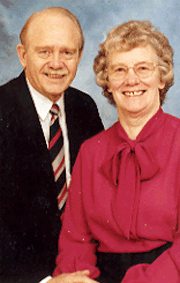
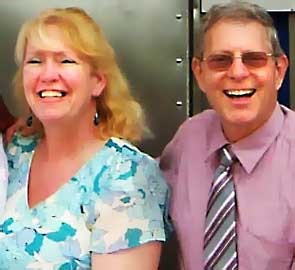




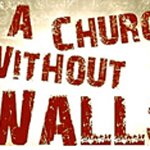
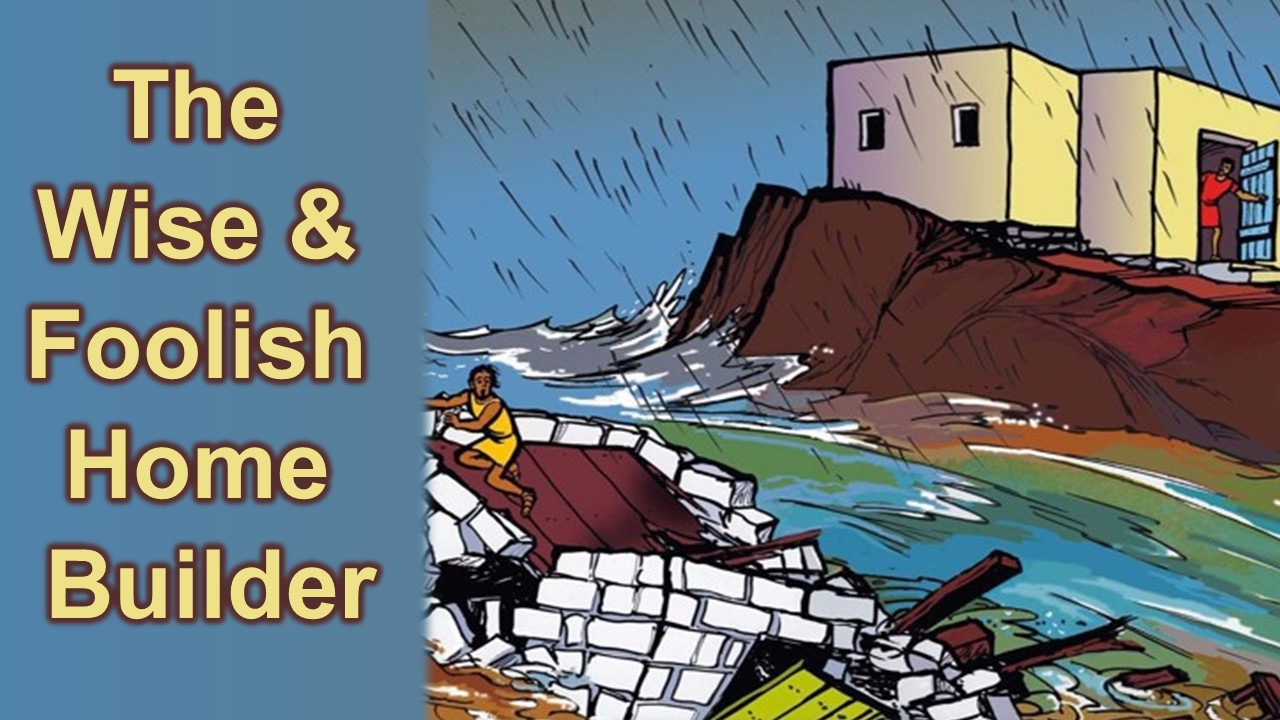


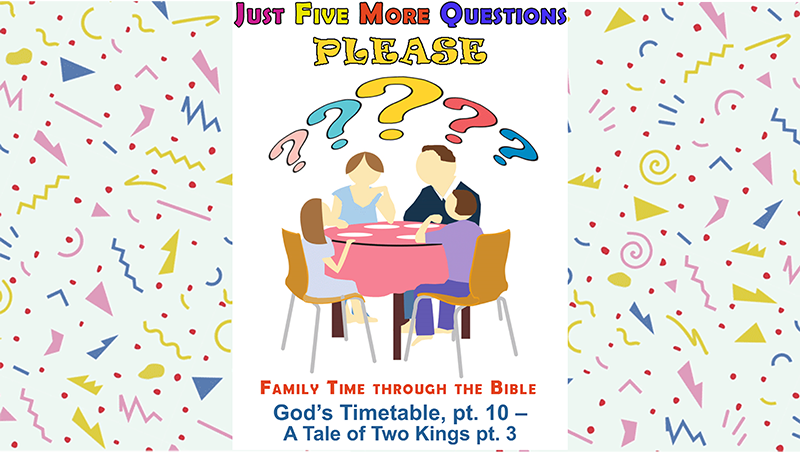



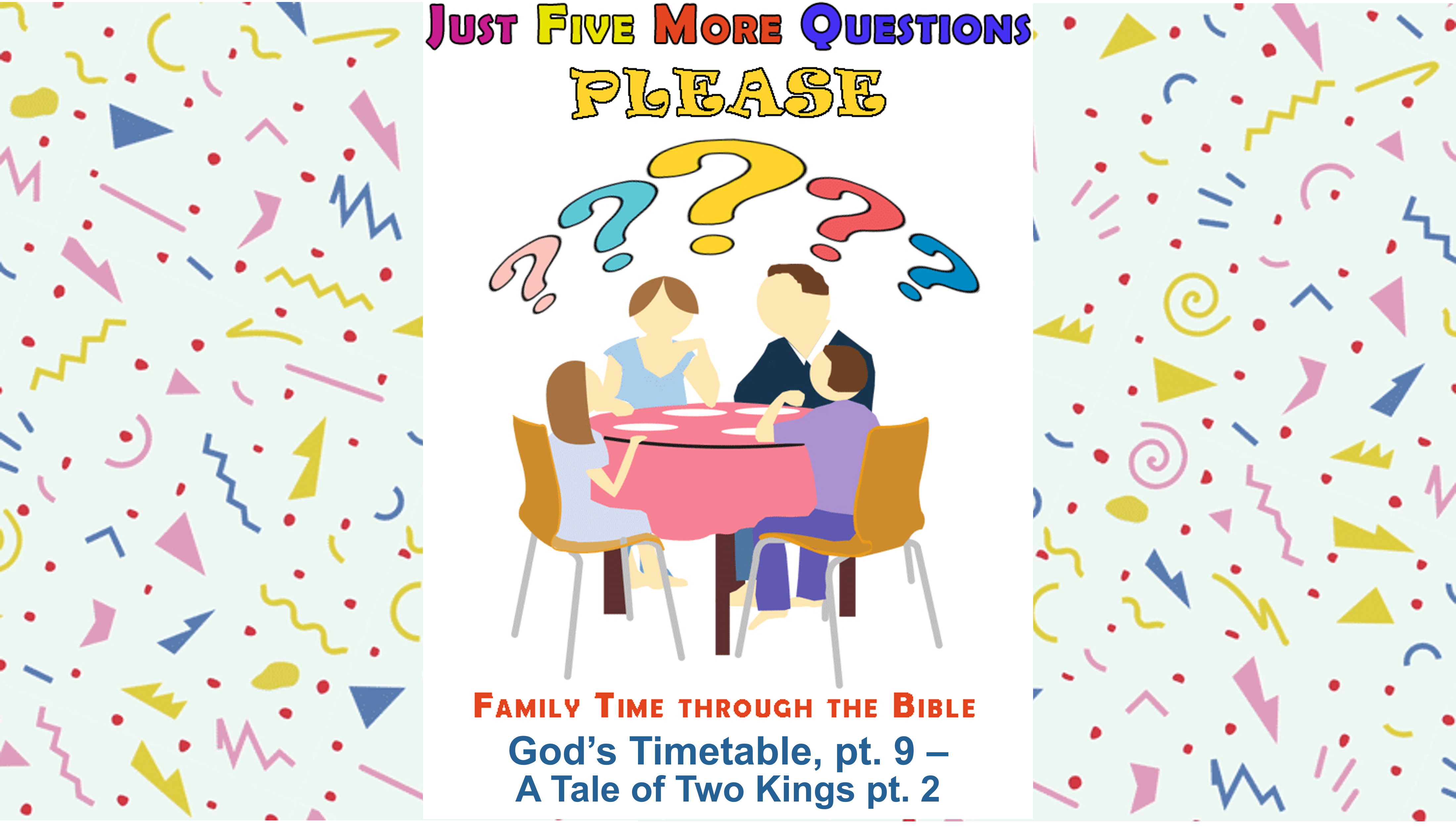
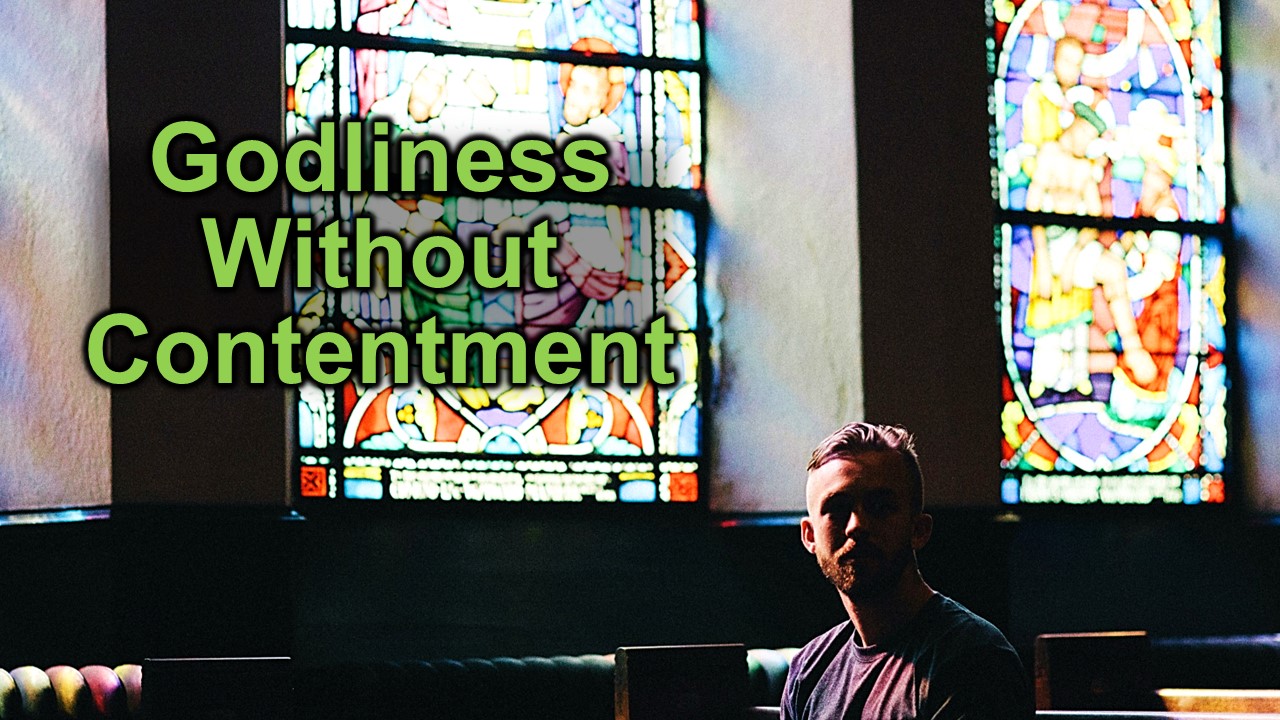
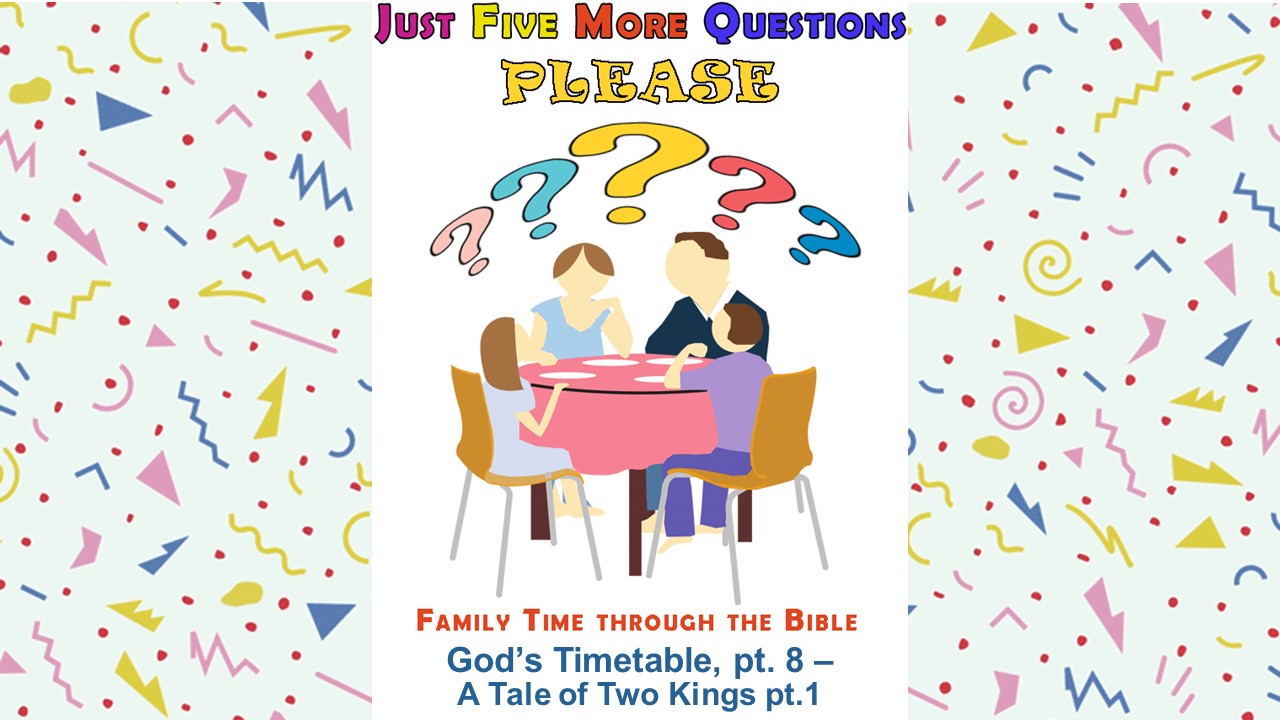

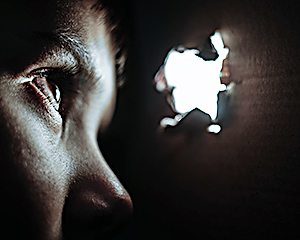


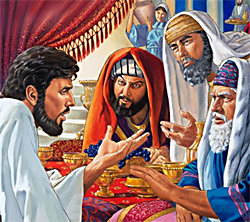
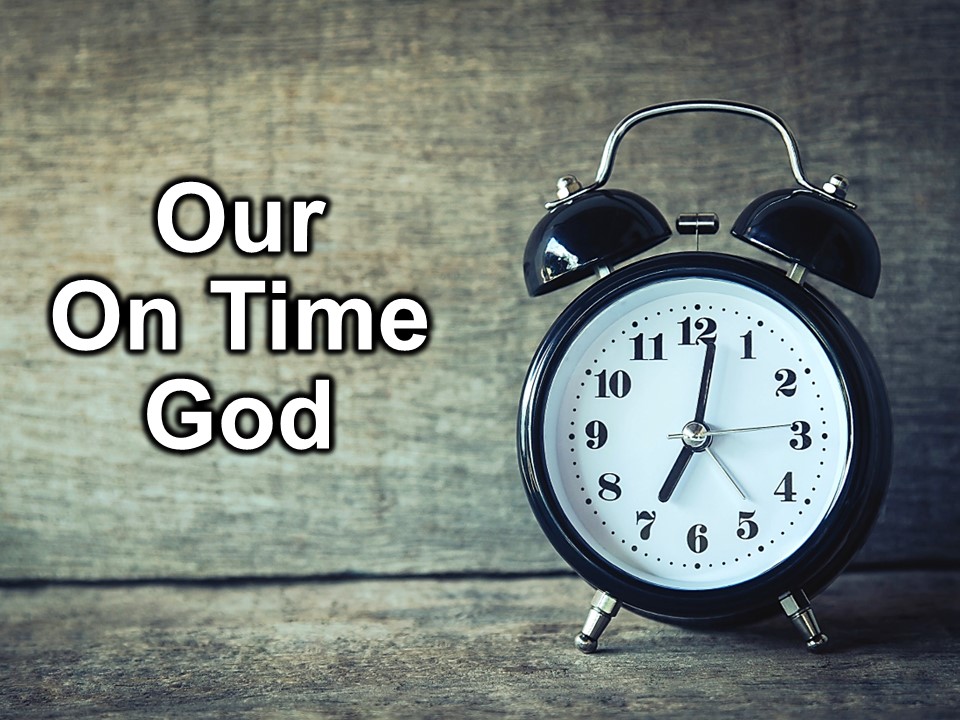


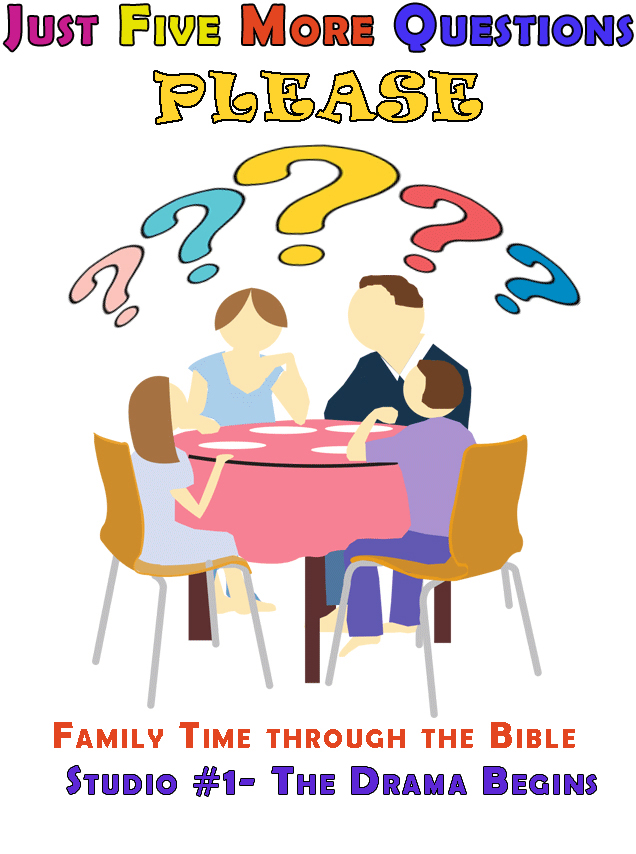
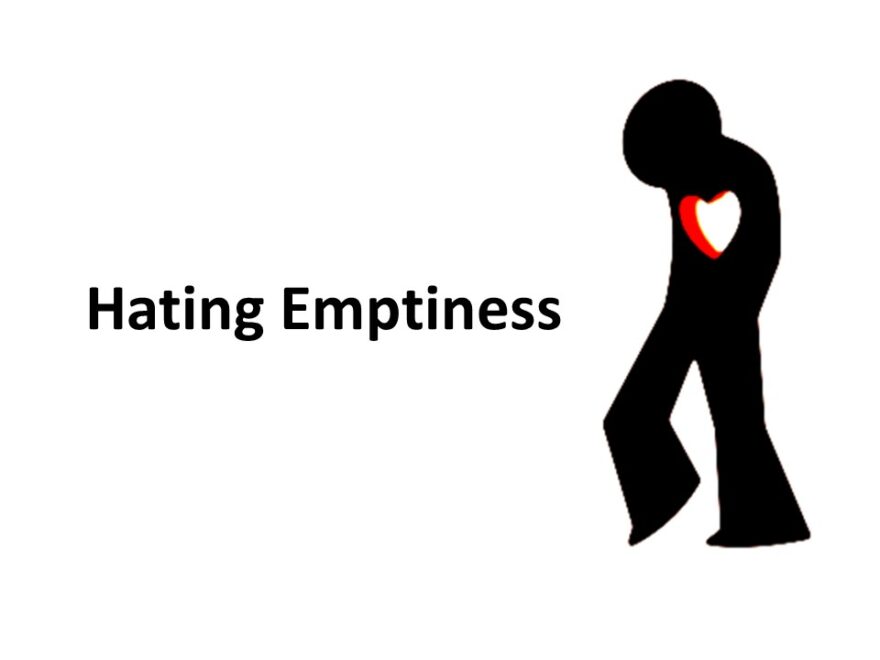

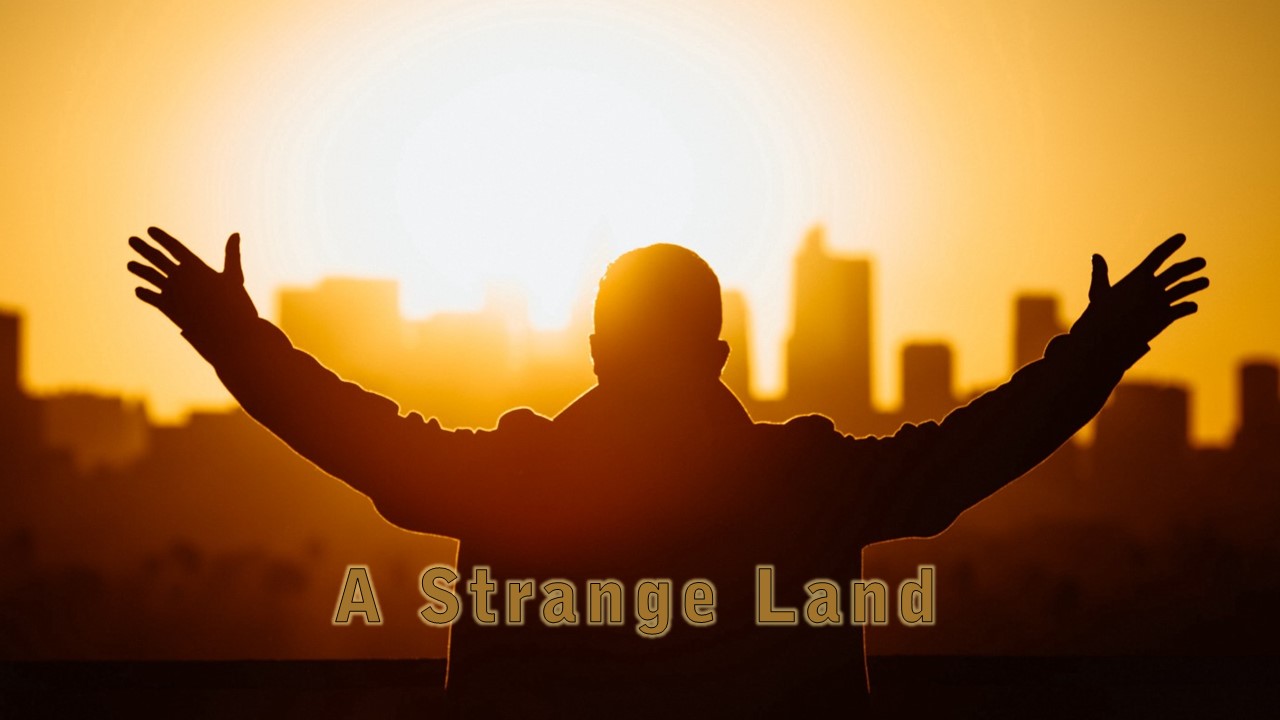

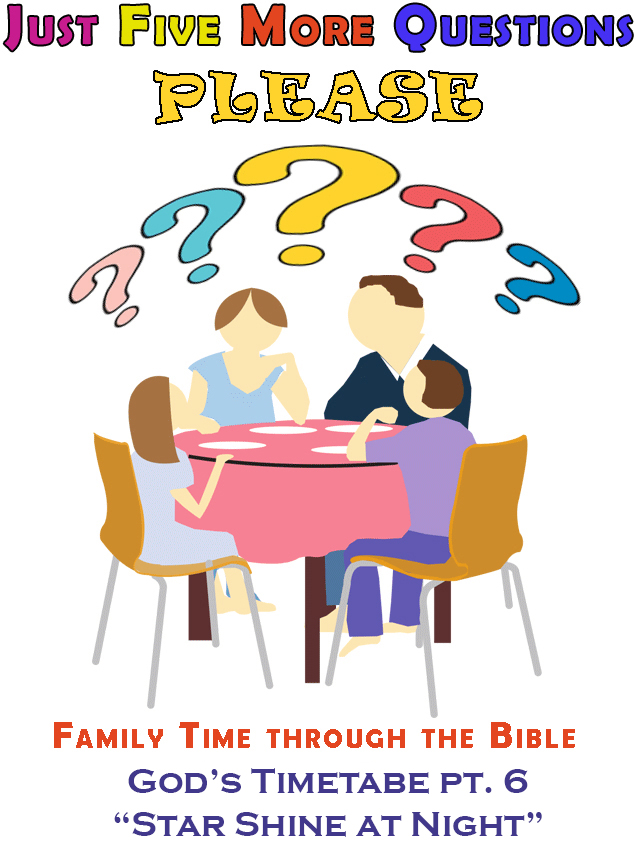





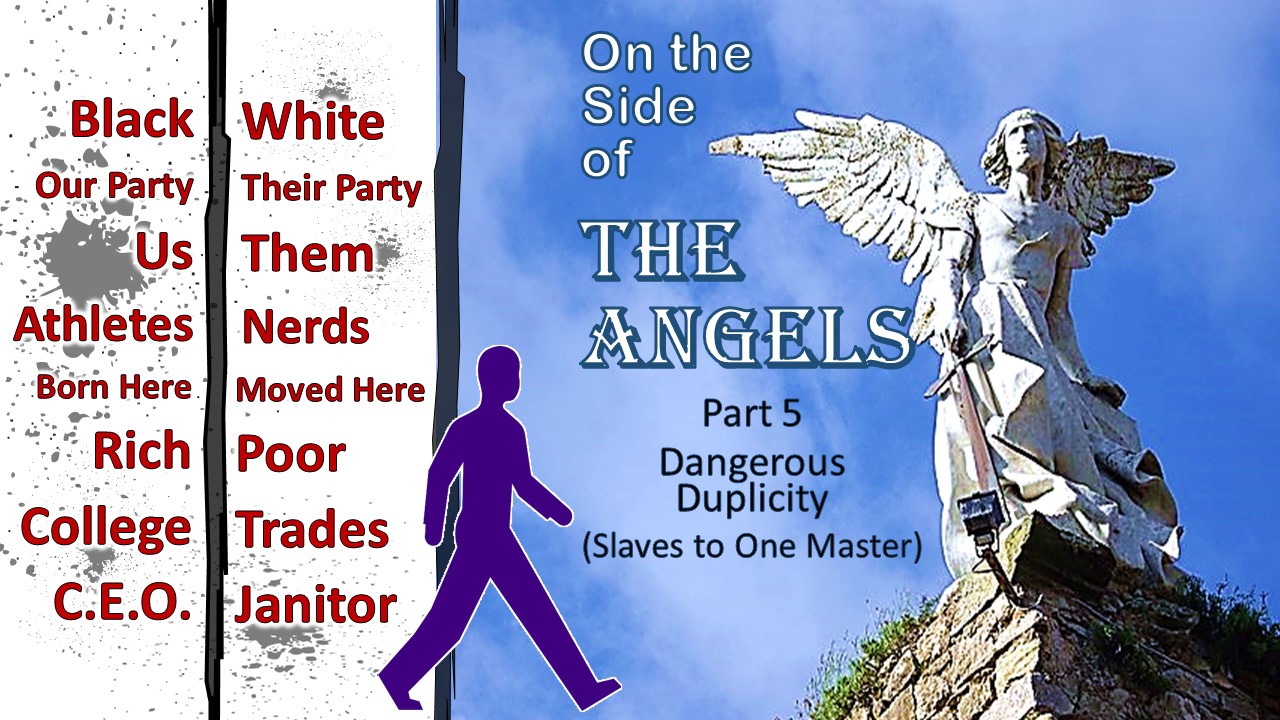
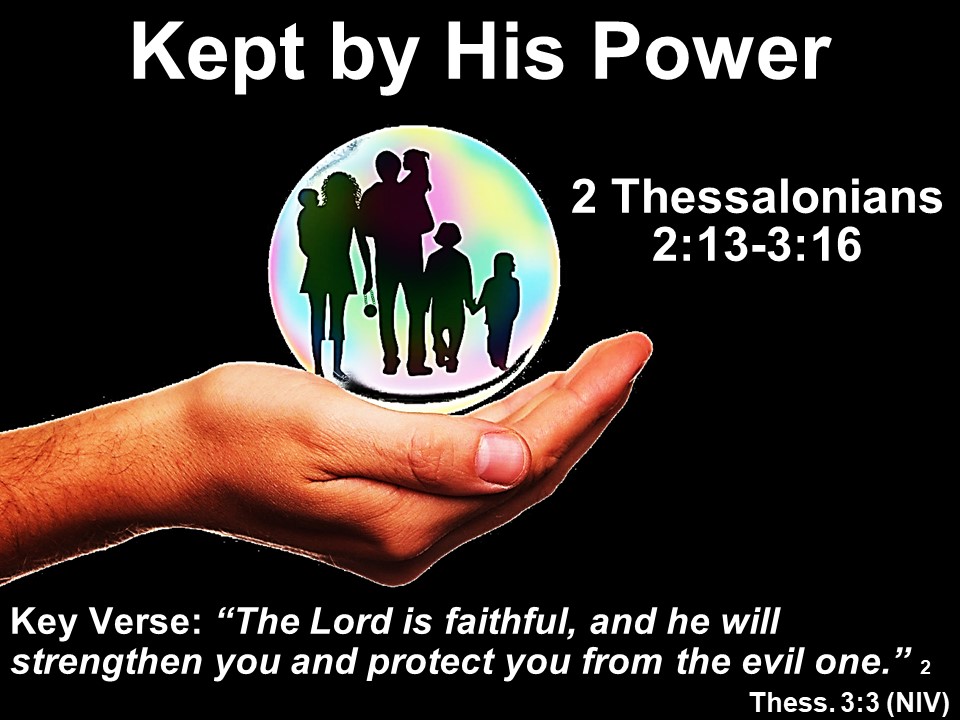
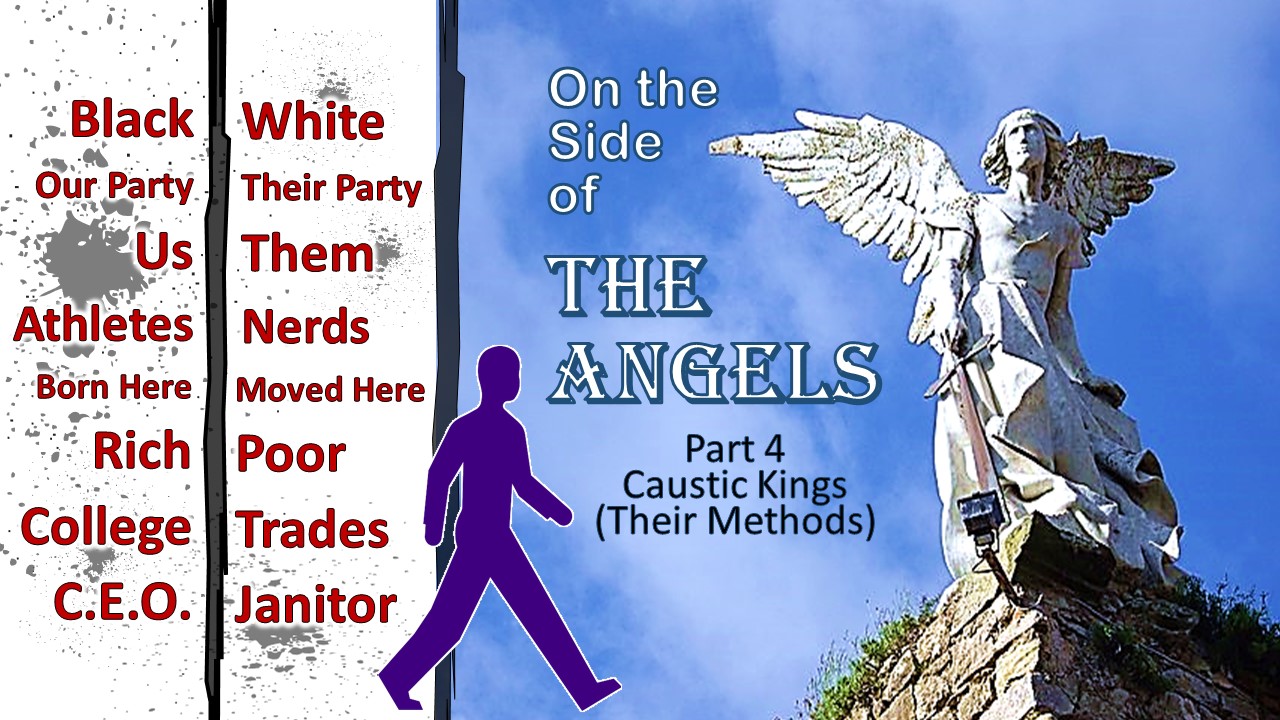
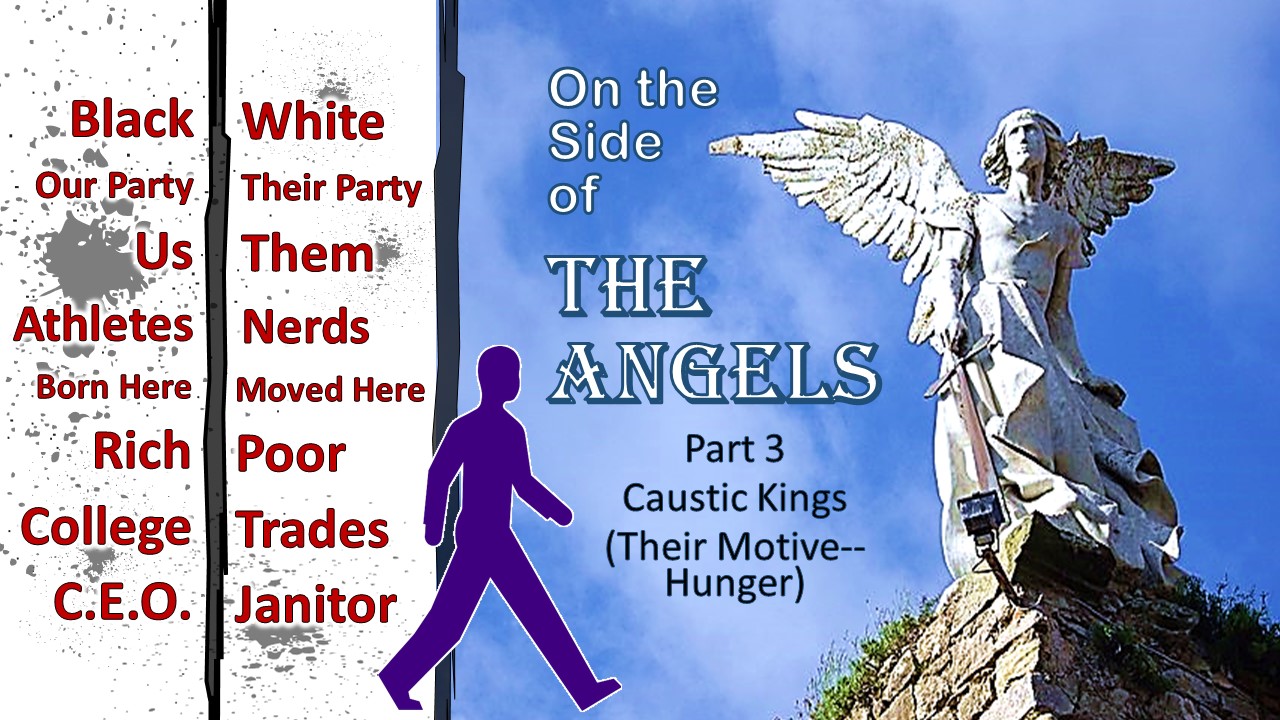
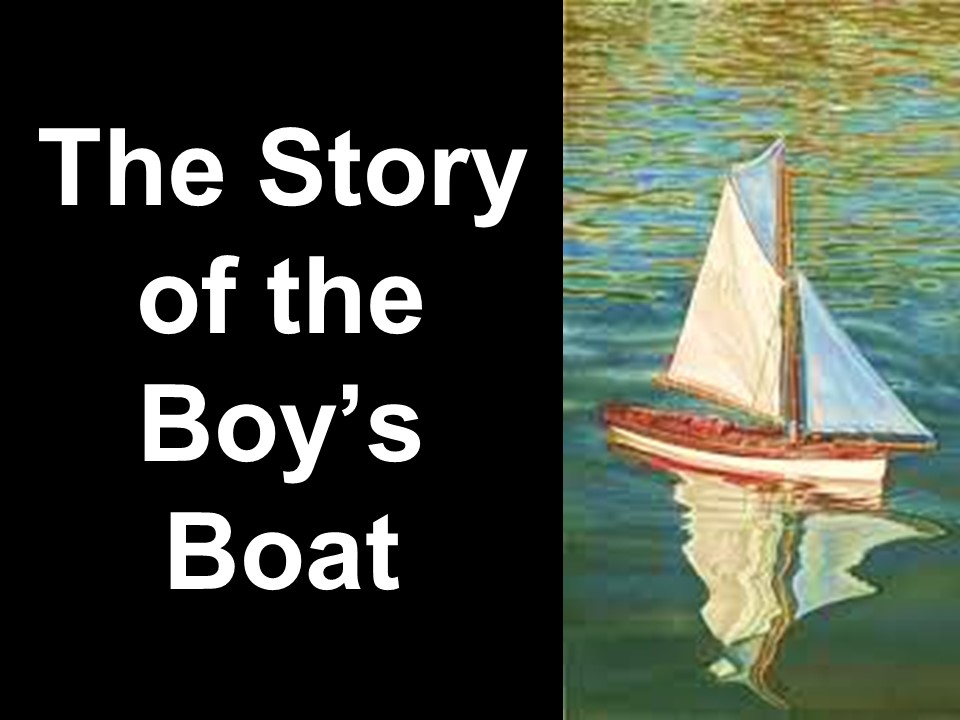
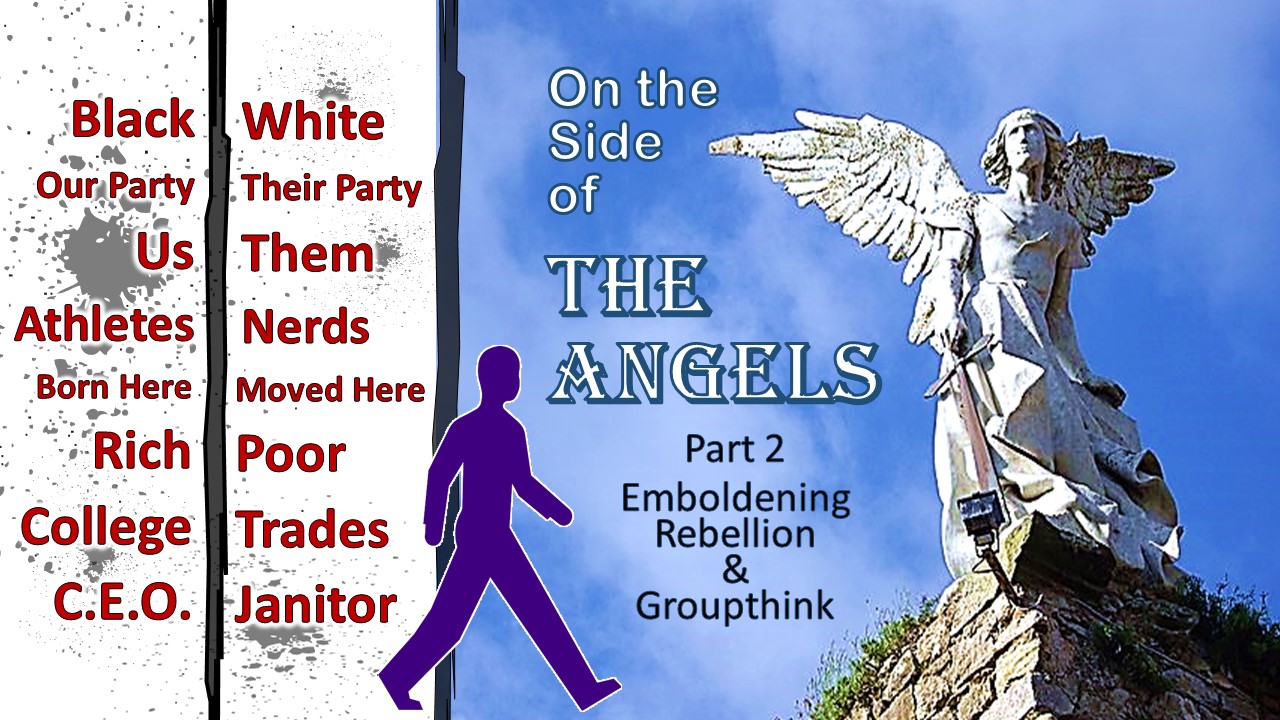
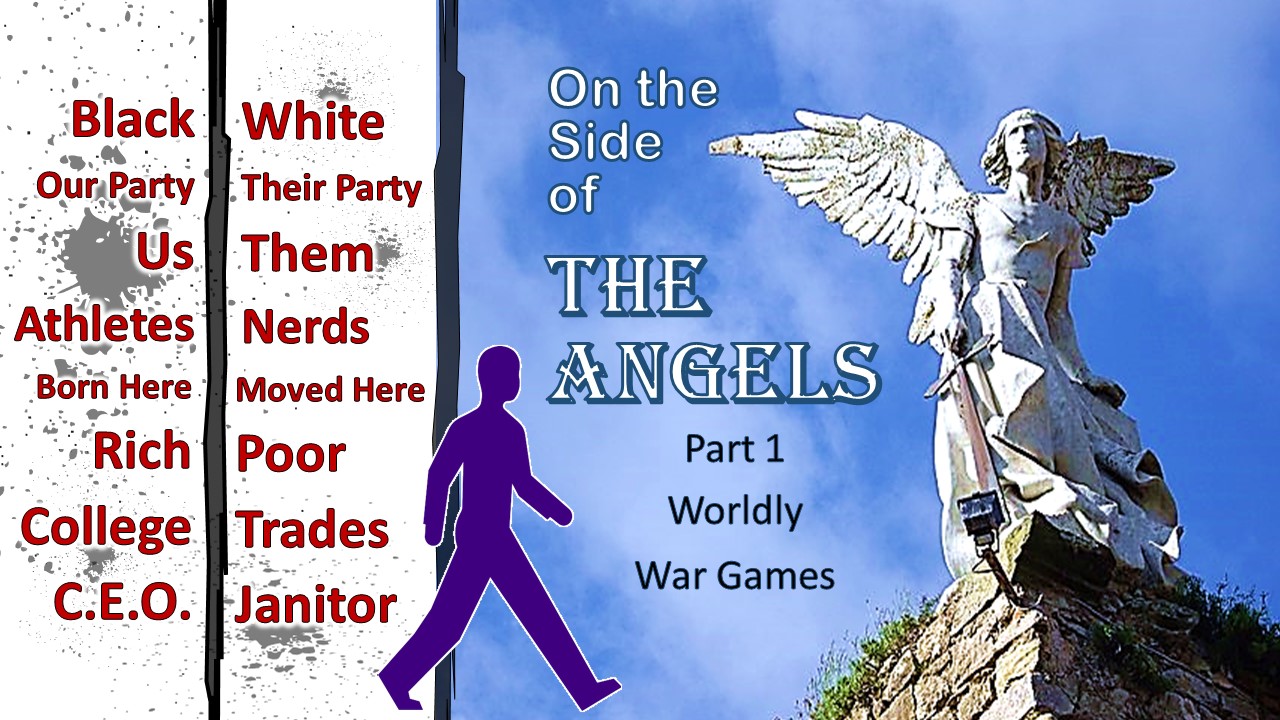





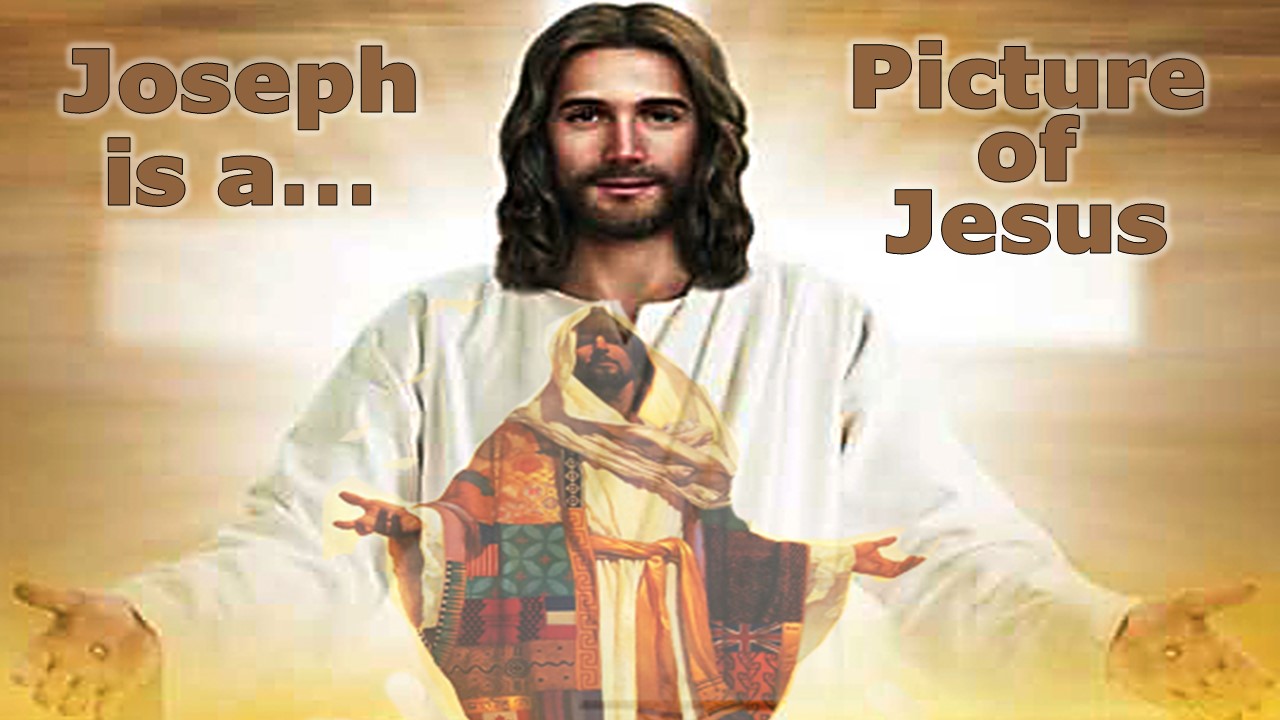


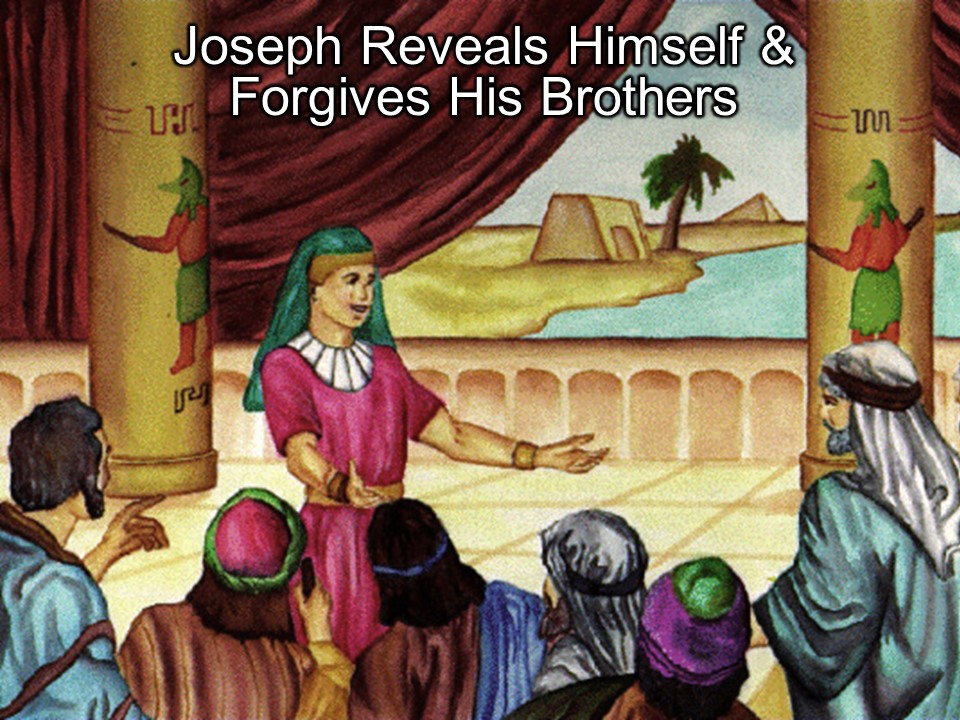


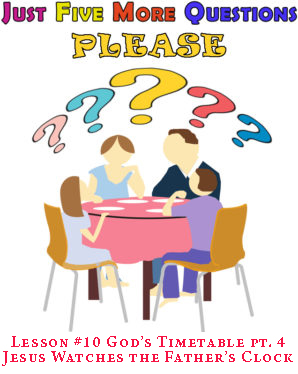
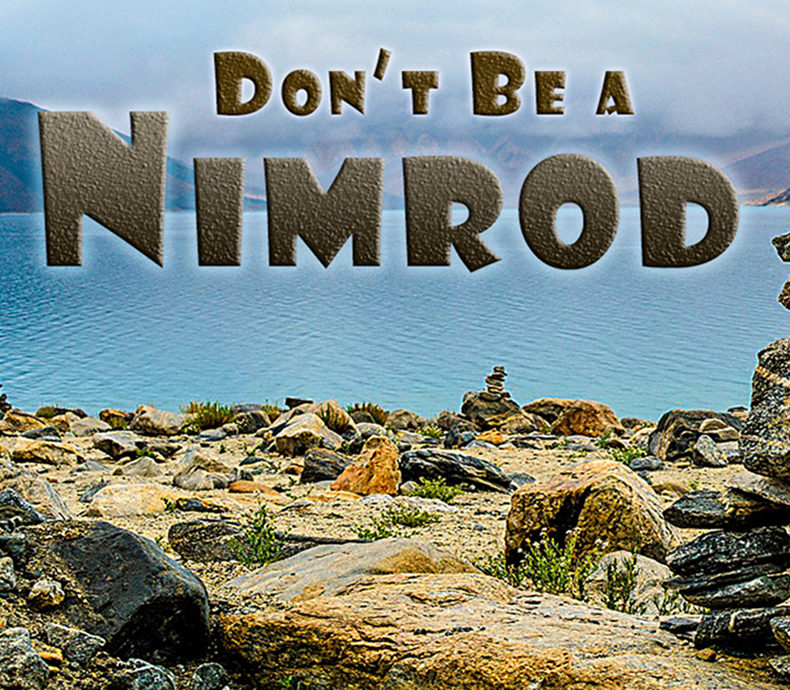

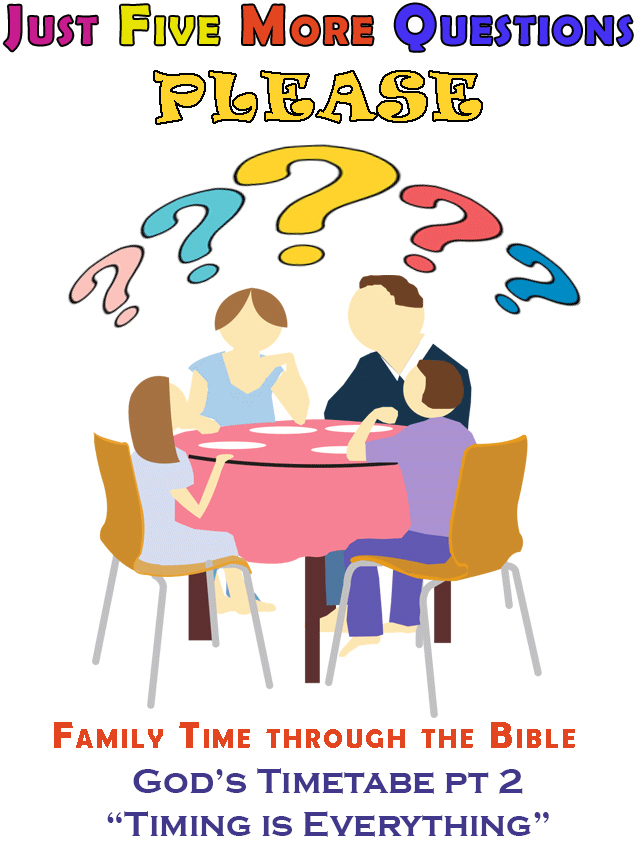



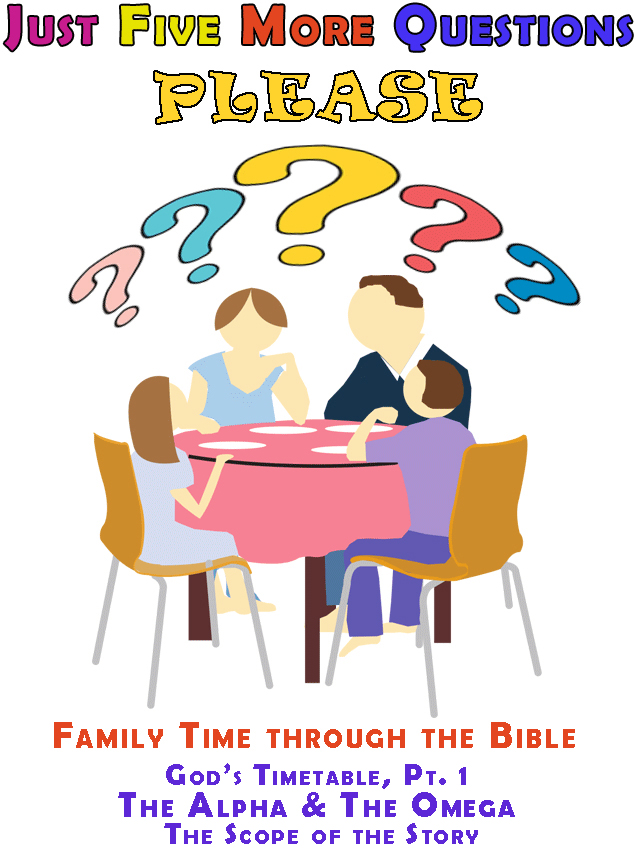
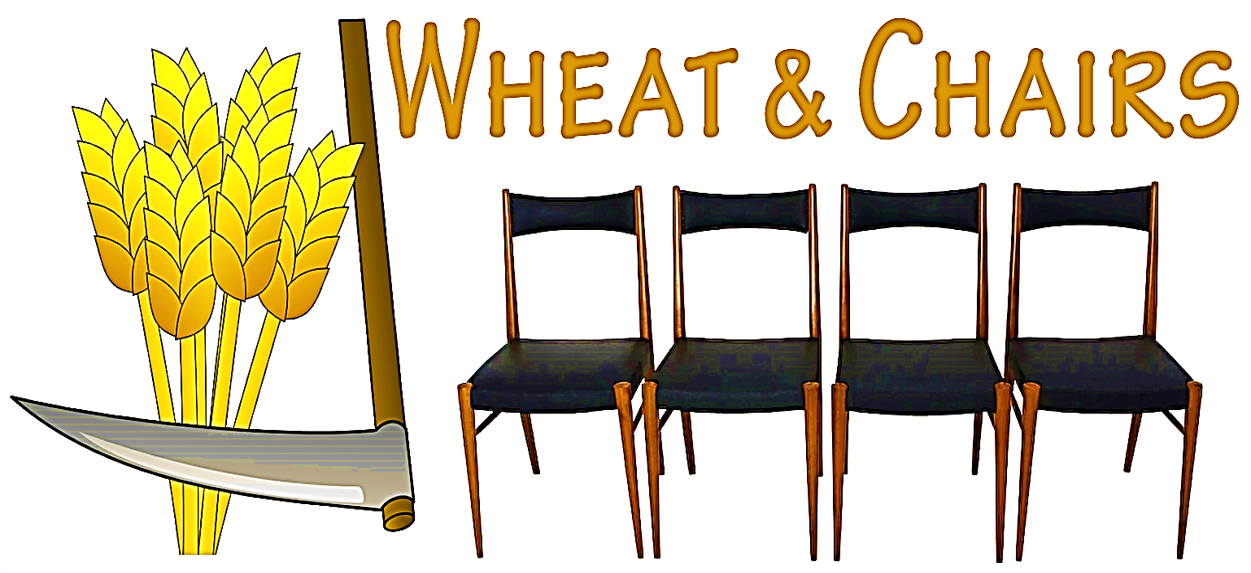

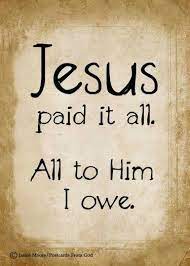

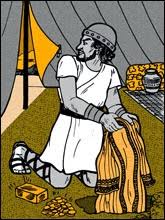

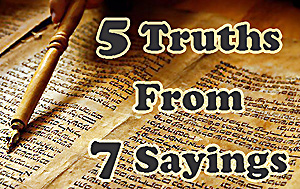

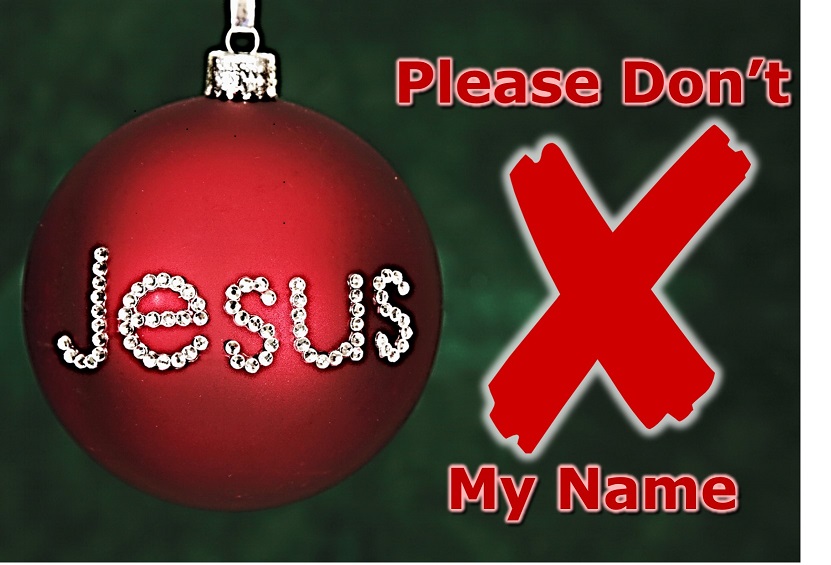











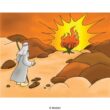


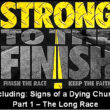
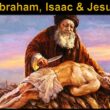

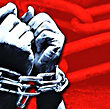
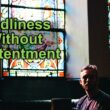



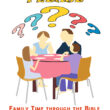
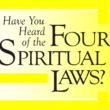



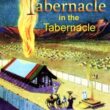
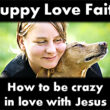




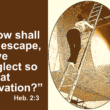






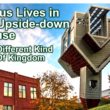
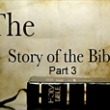



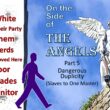


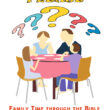
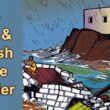
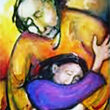


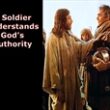



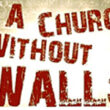
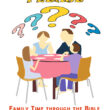




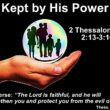


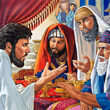






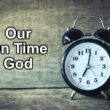




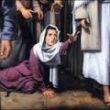


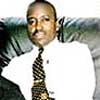



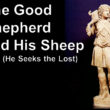





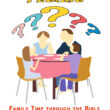



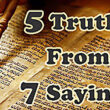
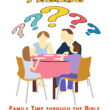

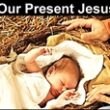
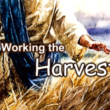
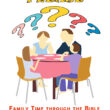



Dear Sir and Madam
I an George KOPEC
from BEDFORD UK
Great Britain
I am hosting with Others
an EVENING OF WORSHIP & PRAYER FOR REVIVAL
in BEDFORD UK at End of JULY 2104
I am seeking to get permasiion to show
the two following video clips
of Mr Duncan Campbell Preacher
and of Mrs Mary Peckam Christian Worker
in the HEBREDES REVIVAL 1949
Lewis1949RevivalTestimonybyMaryPeckham/Lewis1949RevivalTestimonybyMaryPeckham.flv
FamousRevivalinLewisDuncanCampbell/FamousRevivalinLewis.flv
WHERE CAN I GET PERMISSION FROM TO SHOW tHESE VIDEO CLIPS
AT THE MEETING IN BEDFORD IN July 2104
Every Blessing in Christ
Mr George KOPEC
Email gkopec25@gmail.com
Dear Mr. Kopec,
I am sorry to say we do not have the authority to grant you permission–we simply stream them from YouTube.
However, I believe they are in Public Domain.
You can probably get more information from http://www.SermonIndex.net
Have a great event, I only wish we could be there.
Harold & Therese Greenberg